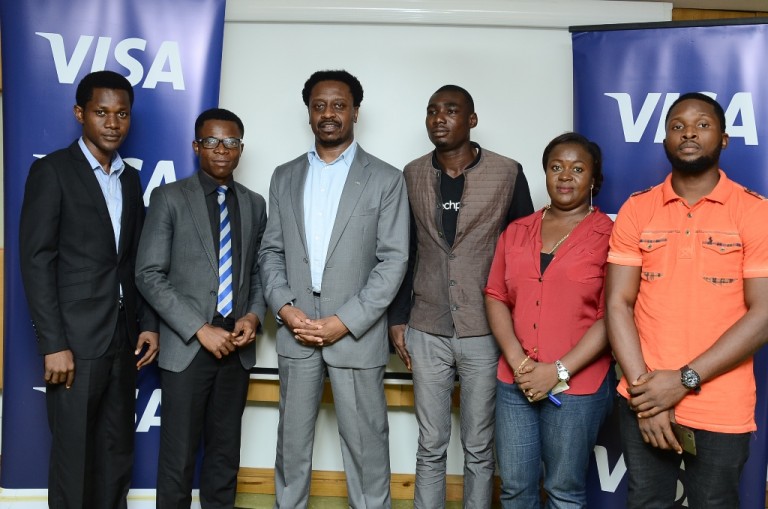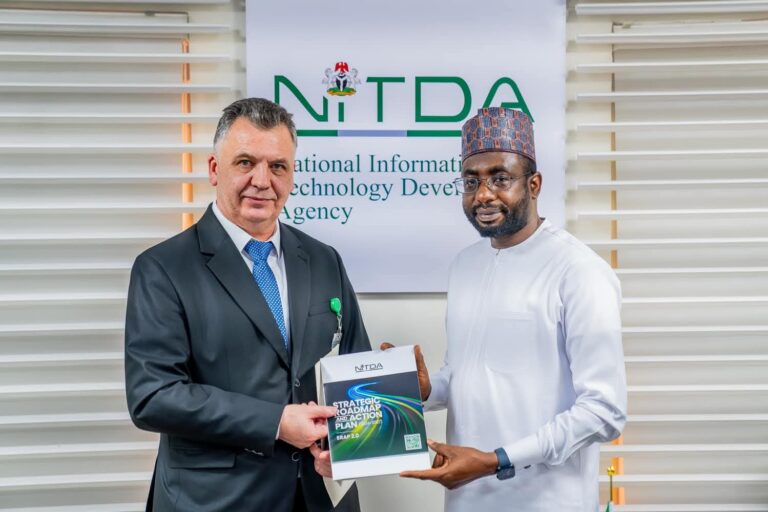Prospect and Challenges of Educational Technology in Africa

Over the past few years, African countries have made great progress in improving traditional education outcomes.
Today, the report has it that educational enrollment has reached 80%, and in most countries of the continent, basic education is free and guaranteed by the government. Albeit this development, modern-day incidents has reintroduced existing insubstantialities in Africa’s educational system. The 2020 COVID19 incident is a fitting instance.
When the lockdown was announced as a preventive measure to curtail the virus, it was like the end of schooling for students living in rural communities and low-income households. As a means of prevention, almost every type or form of education was forced to include some form of technology.
Many students were able to learn via video conferencing applications like Skype and Zoom while some others tapped into unconventional methods such as the Instagram Live feature. Since then, education in some African countries like Sierra Leone, Kenya, and Burkina Faso has hastened to shift to online learning.
Considering the essentiality of this and the solutions it provided during the dire period, it has made us coalesced on how the pandemic incident can be a smooth progression to the substantial exploration and growth of education technology in Africa.
How far has it gone?
Edtech itself is not a new adventure in Africa’s technology sphere. Being a field that involves the combined use of computer hardware, software, and educational theory and practice to facilitate learning, there have been a presence of firms in Africa such as the Kenyan’s Kidato, South Africa’s Snapplify, and Nigeria’s Ulesson using it to gain insight into what human development looks like even before the pandemic incident. But given the uncertainty over future school closures, Edtech has been able to sit on wider acceptability.
A 2020 Briter Bridges report revealed that there are over 210 Edtech startups in the continent with startups like Ulesson, Almentor, Valenture Institute, Teacheron and Snapplify educating over 25.6 million African learners in Nigeria, Ghana, Sierra Leone, Liberia, and Gambia, through interactive videos, e-book, and artificial intelligence. The report also revealed that over half of these learners are accessing these activities using the app on their own mobile phones.
What this implies is that all Africans irrespective of their IT proficiency, are investing heavily in technology to support learning. Devices now appear to no longer be a “nice to have”, but a critical tool for modern education.
Falling internet costs is another major factor aiding the future of Edtech in Africa. In countries like Ghana and Nigeria, average mobile broadband costs represent less than 2% of average monthly income. By implication, the activities on the Internet are becoming more affordable than ever before. What is just required on part of African Edtech platforms is to compress video resources for affordability and easy accessibility.
Challenges bedeviling the use of educational technology
As impressive as this progress is, research evidenced that there is still a long way to go for Edtech in Africa. What e-learning need more than anything are power and connectivity, and these are areas where many parts of Africa continue to fall short.
For instance, an African Development Bank report revealed that almost 620 million of Africa’s population are without access to electricity. According to the report, only 23% of Kenyans and 15% of Tanzanians of the Eastern region have power. This goes to show that efforts to expand electricity across the continent need to be deepened.
Poor network connectivity is another thorn in the side. Africa is on record to have had the fastest growing mobile telecommunication market over the years, but the continent still has the lowest network speed. In contrast to the US 270,000 megabits per second, many African countries still only have 64 kilobits of bandwidth, most especially in its remote and rural areas according to Africa report.
Without sufficient connectivity, the Edtech developmental journey will be slowed down, or even derailed. African governments need to ensure close collaboration between the energy and ICT sectors so as to make sure that the development and benefit of educational technology is extended to more learners in Africa, especially the rural populations in low-income countries.






